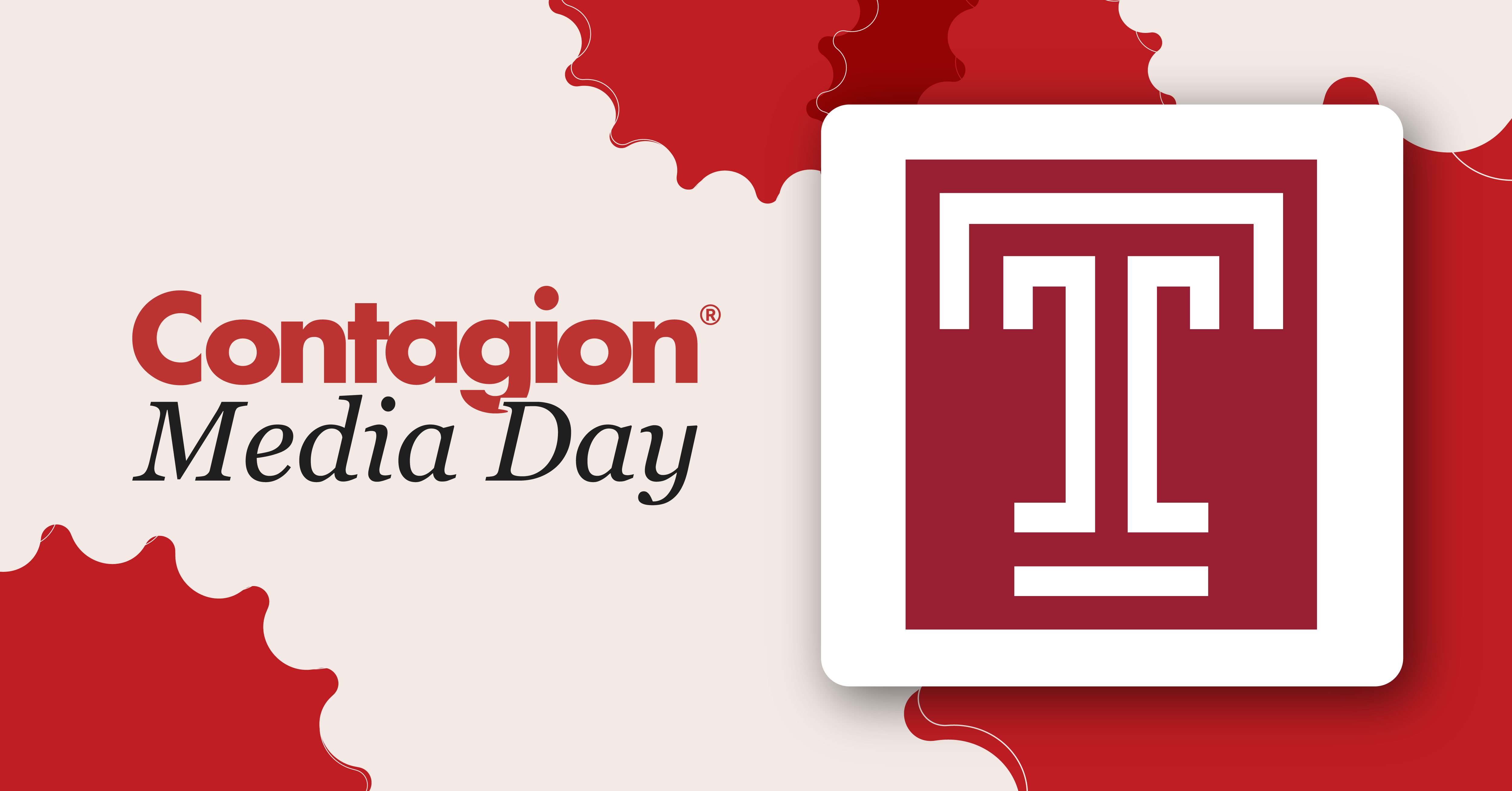The Exposure and Breadth of Clinical Experience

Raven Boone, DO, discusses her experience in the Temple University fellowship program and what she is exposed to in terms of cases and learning opportunities.
Temple has a 2-year infectious disease (ID) fellowship, and the university uses extensive bedside and didactic teaching in all areas of infectious diseases.1 Their fellows gain clinical experience in both inpatient and outpatient general infectious diseases, HIV, sexually transmitted infections, hepatitis C, infections in patients with solid and liquid organ transplants, and infections in patients with malignancy.1
Raven Boone, DO, is a first-year fellow within Temple's program and she became interested in ID several years before while doing a community health internship in Indonesia.
“I was able to be exposed to the burden of disease that they have, which leans more so on the communicable side, vs noncommunicable, that's here in the states,” she said.
Boone was attracted to Temple for a number of reasons including practicing medicine in an urban environment, working with an underserved population, a specialized emphasis on HIV education, and working with transplant patients.
Along with the aforementioned reasons, Boone says her Temple interview solidified her decision.
“What really sealed the deal for me, at the end of the day, was my interview day. The faculty and the fellows that I spoke with were all very warm, and they seemed very happy in their field,” she said.
From travel-related infections to infections associated with substance use disorder to HIV and transplant-associated infections, Temple fellows are exposed to novel cases and get a wide range of clinical experience.
“Some notable ones that come to mind are cryptococcal meningitis, both in people living with HIV and also lung transplant recipients. We see a lot of endocarditis cases,” Boone said. “I think some notable ones are lactobacillus endocarditis and Aspergillus endocarditis, and most recently, when I was on service, I was actually able to participate in treating a patient for CNS toxoplasmosis.”
In tomorrow's episode, Aaron Mishkin, MD, provides insights on transplantation and infectious disease programs and research at Temple.
Reference
1. Fellowship Program. Temple. Accessed July 29, 2025.
https://medicine.temple.edu/education/graduate-medical-education/residency-programs-fellowships/medicine/department-medicine-sections/infectious-diseases/fellowship-program
Newsletter
Stay ahead of emerging infectious disease threats with expert insights and breaking research. Subscribe now to get updates delivered straight to your inbox.

































































































































